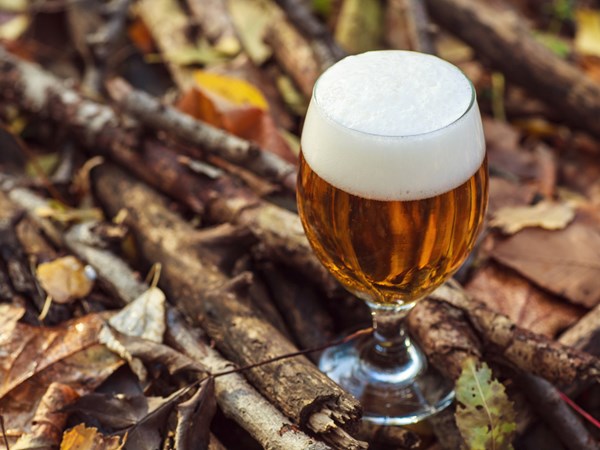Everything you need to know about novel foods
The Food Standards Agency recently announced that CBD (the non-addictive active ingredient derived from cannabis), does not fall under the scope of the Novel Foods Schedule. That is to say, CBD was not consumed “significantly” prior to May 1997 and so it will be considered a novel food.
Further to this, they have given the CBD industry a deadline of 31 March 2021 to submit valid novel food authorisation applications.
But what does all this mean and why should independent retailers take note? First, the FSA has declared that CBD products will be taken off the shelves if information about their contents is not given by the deadline. To be clear, there does not appear to be any safety concerns to those consuming CBD within the set guidelines, rather the FSA wants to ensure that the contents are what they claim to be. Those producers who are manufacturing genuine high-quality CBD ranges are, quite rightly, pleased about this development. It will prevent the more unscrupulous manufacturers from peddling dubious products with no medicinal benefits.
Secondly, it highlights the issue of ‘novel foods’. This is the classification of an ingredient or a food that is 1) new - usually because it has recently been discovered somewhere across the globe, or 2) innovative - generally because it has been modified or manufactured using a process that has not been used before. If either of these apply, then the novel food has to be registered and then authorised before it can be sold in the UK and the EU.
New kinds of food are developed all the time. Increasing globalisation, growing ethnic diversity and the search for healthier alternatives and new sources of nutrients are the key drivers. The notion of novel food is not new, however. Throughout history new types of food or ingredients have found their way into our shops from distant shores. Bananas, tomatoes, pasta, tropical fruit, maize, rice, a wide range of spices and herbs, all originally came to Europe as novel foods. Among the recent arrivals are chia seeds, the fruit of the noni tree, algae-based foods, baobab fruit and physalis (Cape gooseberries).
New processes and new technologies for producing food include vertical farming, hydroponics, extracting omega-3 fatty acids from krill and protein from insects, plant sterols as a new substance and new micro-organism cultures such as the development of certain probiotic bacteria.
On 1 February, responsibility for approving novel foods passed from the EU to the Food Standards Agency but the processes will be aligned for the time being. The UK will essentially be conforming to the long-standing EU novel food regulation.
Obviously, consumers must be protected from products that pose a health risk, but it is important that the regulation of innovation in food production and ingredient sourcing is not overly onerous or too slow. Many people claim this is the current situation. Perhaps then, this gives us an opportunity in the UK to make the system more streamlined as so many of these developments are important to solving our most pressing health and wellbeing issues.
Sue Nelson




